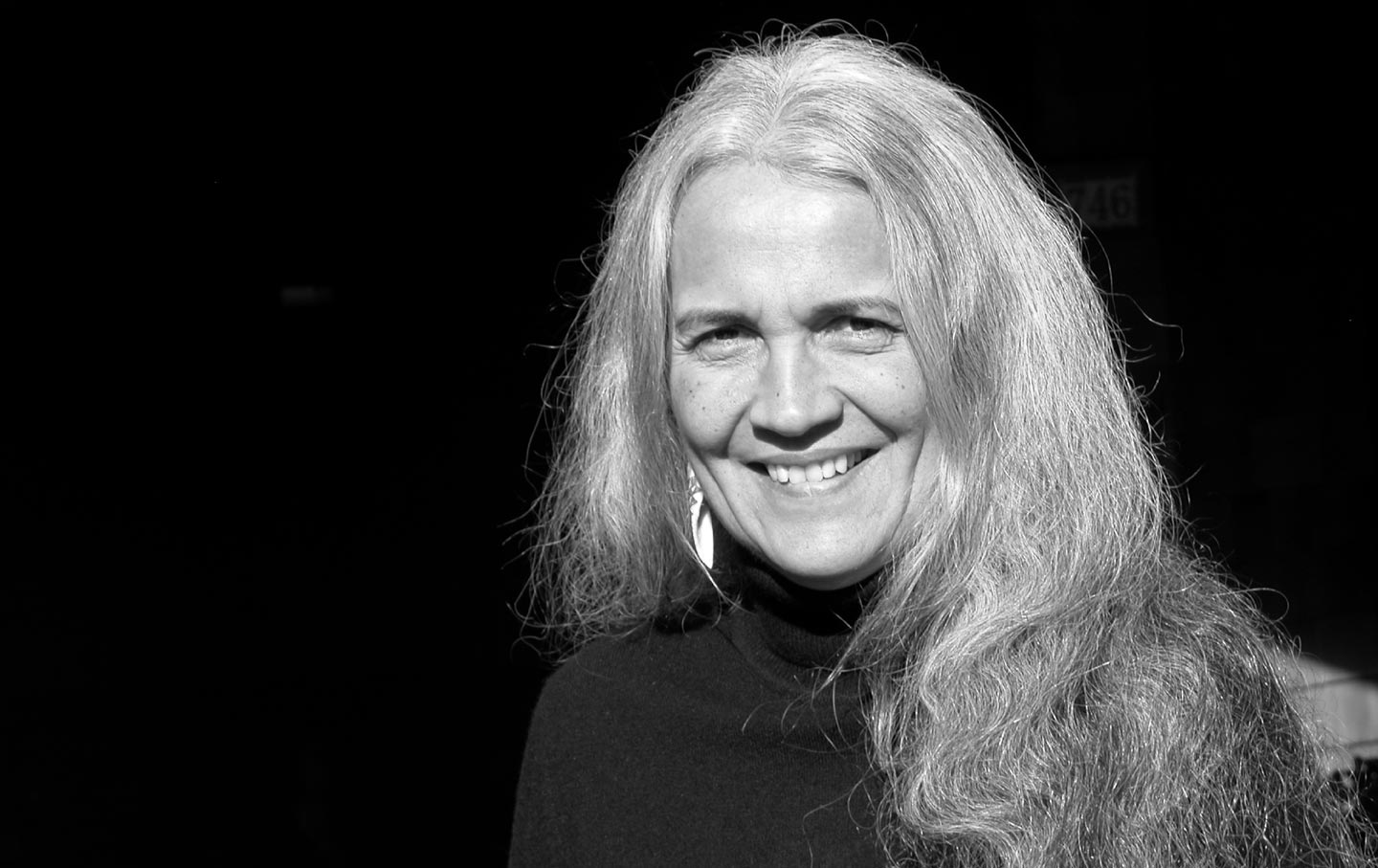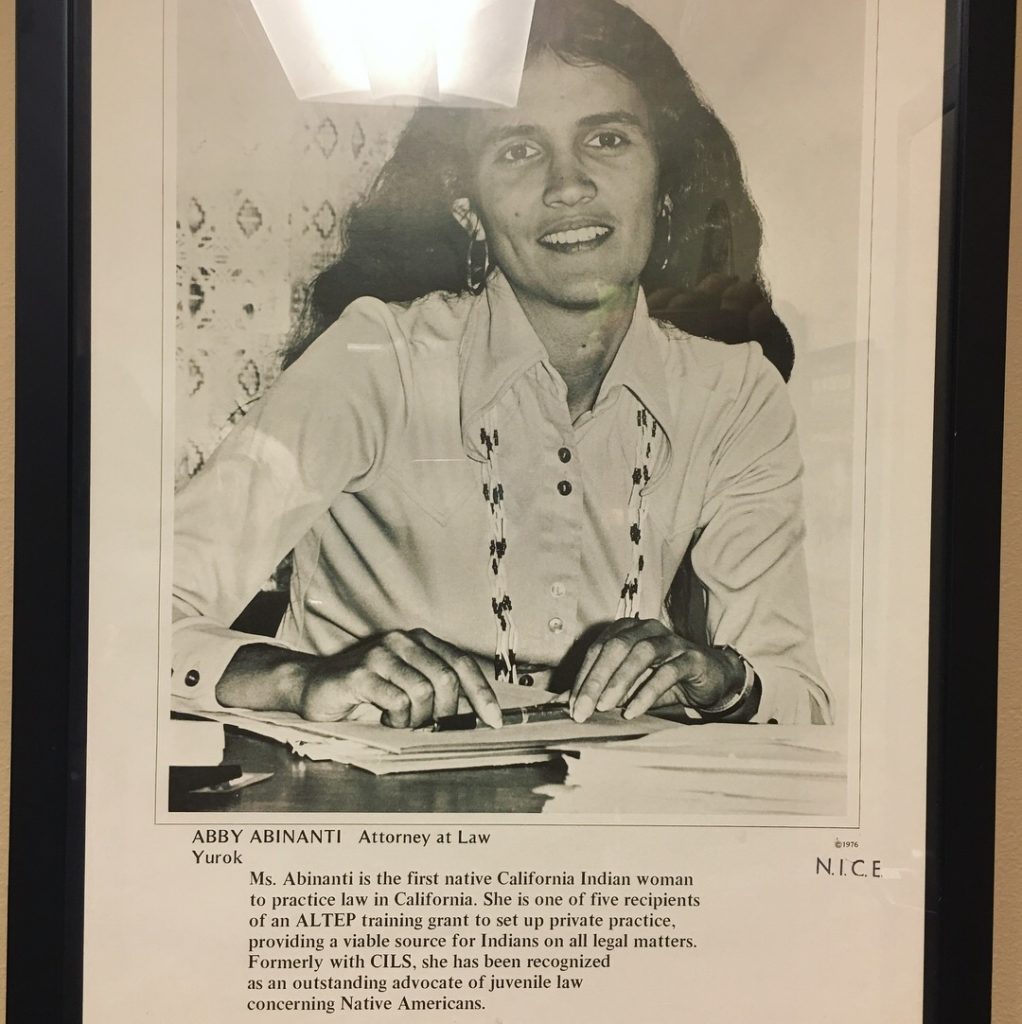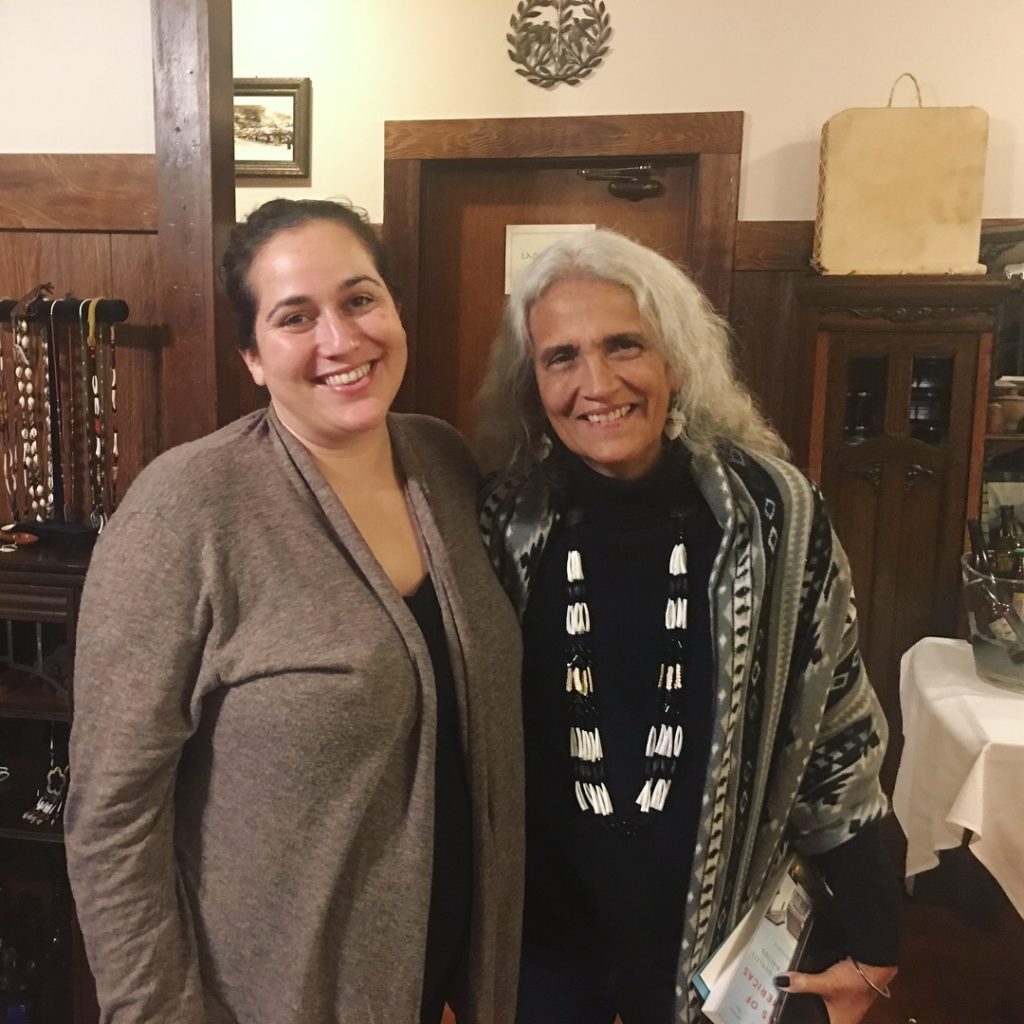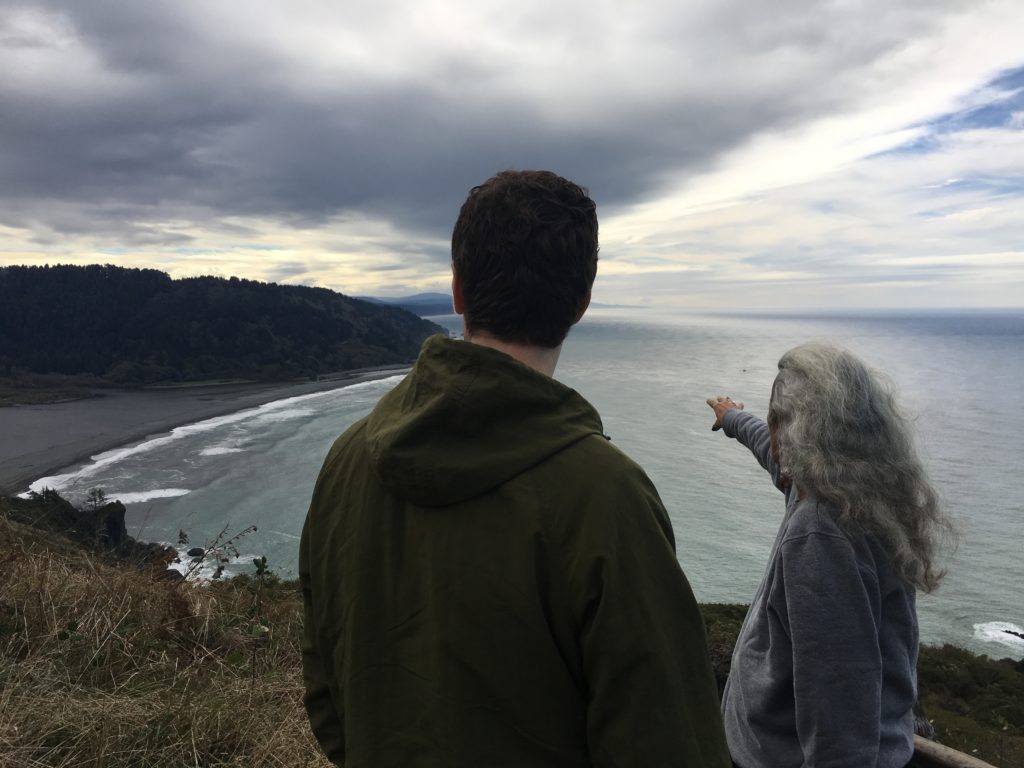A Conversation with Abby Abinanti

Abby Abinanti is an enrolled member of the Yurok Tribe and has been Chief Justice of the Yurok Tribe since 2008. She served as a San Francisco Superior Court Commissioner for approximately 20 years and is the first California native to be a member of the State Bar and to be appointed to a state judicial position. Abby was a key collaborator in developing Root & Rebound’s Tribal Reentry Advocacy project and is currently the Chair of our Board of Directors. We discussed her views on justice, mass incarceration, and her partnership with R&R.
What’s at the root of your vision of justice?
My understanding of justice is really rooted in my culture of fairness and responsibility as opposed to the current system in this country, which is based on a system of rights.
How has your past experience as a Commissioner on the San Francisco Superior Court compared with your experience as the Chief Judge of the Yurok Tribe? What have you learned from both?
I got to see their system up close, to see how it works and how it didn’t work. I came to understand that we were all taught that their system was the definition of justice. After wandering around the system for several years I found that it was a definition of justice, not the definition, and that it’s turning toward one another that really works better for us. You know, I didn’t think this was working great for them or for anybody caught up in it, and I felt like for sure, it did not work well for us. I knew because it didn’t match with what kind of people we were.
We have a value system, and that’s really different from rights. Here’s a good example of the difference: you have the right to remain silent. Well, you don’t have that right in culture. You have a right to admit whether you did it or not and make it right. That’s because your responsibility is bigger than your right. You’re responsible to yourself, to others, to family, to place, to the fish, to trees. Responsibility is a lot different than right. With responsibilities, it isn’t about proving whether you did it or not. You know you did it, so let’s just deal with it.

We currently face a crisis of mass criminalization, which we know disproportionately impacts low-income people and people of color. The U.S. criminal justice system is set up in such a way that people continue to face barriers long after their system-involvement. How can we create space for restorative justice within a legal system that so heavily emphasizes punishment?
Restorative justice allows people to take personal responsibility for behavior and to right it, and to realize that before you can go forward you must right what you’ve done as best you can. What that looks like depends on a variety of things: what kind of offense it was, who was hurt by it. You consider how you can make it right in the community so that people can say, “Yes, they did this, but look what they’ve done to make up for that so we can go forward.” That’s what you’re looking for. You have all these responsibilities of family and community, so sometimes even the law in a given set of circumstances can be wrong.
Disproportionality, to me, represents the clear failure of the system. There’s a concentration of resources on certain communities and “catching them,” a cycle of poverty, an environment where you lose life options and have to make choices that are gonna bring you into conflict in order to survive. If you don’t have a job and you can’t pay your child support and you’re incarcerated, that’s all a vicious circle. I think that in some instances you have to reform the law, period.
One way to look at it is by removing barriers once somebody gets out of jail or prison. The other is creating options before they’re incarcerated— creating a living wage, creating a way out for when difficulties converge and you don’t have the skills to get a job. So part of it’s preventative, part of it is about removing barriers after it happens.
The problem isn’t just the event that they get themselves in trouble for, it’s the environment created. We’ve created no choices. Restorative justice is just one narrow part of resolving this, but the whole environment is unfair at the moment. We can do our part by attacking this part of it, but we have to work in coalition with others to attack the other parts like a living wage, like eliminating the notion that just because someone has a felony record they can’t find work again.

How did you and Katherine Katcher (Executive Director) meet? How did you come to start the Tribal Reentry Advocacy Project together?
We met at a seminar about reentry. To her credit, she’s the one who started the project. We have all these non-profit organizations and yet native people seem to have developed the superpower of being invisible. She managed to look at us and go, “Wait, you’re not invisible. You need to be part of this.” That was her background, her seeing, her vision. And I thought it was a great idea. That’s what I mean about the environment of disproportionality— the people who are in that environment who have the ability to make changes are gonna have to be willing to do so. If she didn’t have the vision to do this, it wouldn’t have happened.
What’s it like working with Katherine as Chair of the Board?
She’s a hard worker. She’s thrown herself into this and is very committed to it and works like a dog. That’s something I understand because being a judge here in my community is a 24/7 job. When I first came home people said, “You can’t do this job because you know that person too well and you can’t be impartial,” and I’m like, “Come on, don’t be an idiot, I know you all, we grew up together.” Katherine has that same sense of being in a community. You don’t get to put it on hold. You have to face into it constantly.

To learn more about the Yurok Tribe, please visit: http://www.yuroktribe.org/
To learn more about Judge Abby, please visit:
- https://www.csmonitor.com/USA/Justice/2019/0327/Native-justice-How-tribal-values-shape-Judge-Abby-s-court
- https://www.thenation.com/article/archive/judge-abby-abinanti-is-fighting-for-her-tribe-and-for-a-better-justice-system/
- https://www.latimes.com/local/la-me-yurok-tribal-judge-20140305-dto-htmlstory.html
MORE POSTS
Root & Rebound Receives $2 Million Gift From the Yield...
Some Californians released from prison will receive $2,400 under new...
AB 1148: Stable Parents, Stable Children Act Signed Into Law

Sign Up
Join our mailing list.

